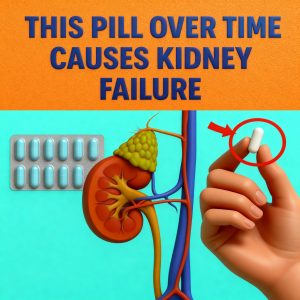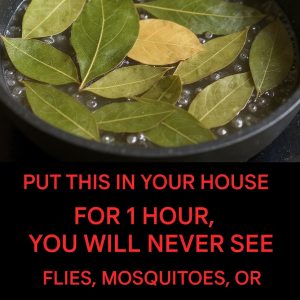5 Things Doctors Say You Should Never Give Your Children to Help Prevent Cancer
As parents, we all want to give our children the healthiest start in life. While genetics and environment play a role in cancer risk, everyday choices — especially diet and lifestyle — can also influence long-term health. Pediatricians and cancer specialists warn that some foods and habits can increase inflammation, disrupt natural development, and even raise cancer risk over time.
Here are **five things doctors say you should avoid giving your children** to help protect them from cancer and support lifelong wellness.
—
### 1. **Sugary Drinks and Sodas** 🥤
Sugary beverages are among the biggest culprits in childhood obesity, which is a known risk factor for several cancers later in life, including breast, colon, and liver cancer. They also promote insulin resistance and chronic inflammation.
**Better alternative:** Encourage water, milk, or naturally flavored water with fruit slices.
—
### 2. **Highly Processed Meats** 🌭
Hot dogs, bacon, pepperoni, and deli meats often contain nitrates and nitrites, preservatives that can form cancer-causing compounds in the body. The World Health Organization has classified processed meats as a **Group 1 carcinogen** (the same category as tobacco, in terms of evidence).
**Better alternative:** Choose lean proteins like chicken, turkey, fish, beans, or lentils.
—
### 3. **Ultraprocessed Snack Foods** 🍪
Chips, packaged cookies, and colorful cereals may be marketed to kids, but they are typically loaded with artificial dyes, preservatives, and high levels of salt and sugar. Studies suggest that long-term consumption of ultraprocessed foods is linked to increased cancer risk due to chemical additives and poor nutritional quality.
**Better alternative:** Opt for homemade snacks like popcorn, fresh fruit, or whole-grain crackers with nut butter.
—
### 4. **Excessive Red Meat** 🍔
While red meat in moderation can provide protein and iron, eating it in excess — especially when grilled or charred — has been linked to higher risks of colorectal cancer. Cooking meat at high temperatures produces carcinogenic compounds that may damage cells.
**Better alternative:** Rotate red meat with plant-based proteins, poultry, or fish, and use gentler cooking methods like baking or steaming.
—
### 5. **Energy Drinks or High-Caffeine Products** ⚡
Though not typically recommended for children at all, some teens may consume energy drinks. These beverages are packed with caffeine, sugar, and artificial chemicals that stress the body’s systems. Early exposure to such stimulants can affect growth, sleep, and metabolic health, laying the groundwork for disease later in life.
**Better alternative:** Encourage healthy sources of energy through balanced meals, adequate sleep, and regular physical activity.
—
## The Bigger Picture
No single food or drink will “cause” cancer overnight — but long-term patterns matter. By **limiting sugar, processed meats, ultraprocessed snacks, excess red meat, and caffeine-heavy drinks**, parents can reduce cancer-related risks while encouraging healthier habits that benefit their children for life.
—
## The Takeaway
Prevention starts in childhood. By steering clear of these five categories and focusing on whole, nutrient-dense foods, parents can help set the foundation for healthier bodies, stronger immune systems, and lower risks of serious illness down the road.
After all, the habits kids learn today are the ones they’ll carry into adulthood — and those choices could make all the difference.





